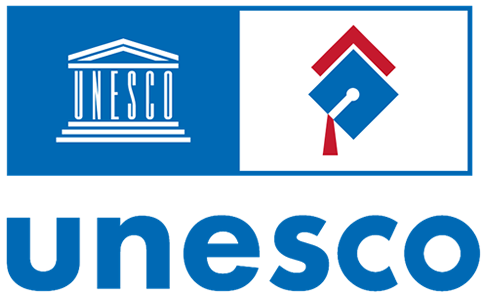Democratization in Brazilian Higher Education: An Open Debate
Abstract
The article aims to discuss decolonial proposals for Brazilian higher education through a documentary research, using the methodological technique of content analysis (Bardin, 1977) in the final documents (Final Declaration and Action Plan CRES 2018-2028) of the III Regional Conference on Higher Education in Latin America and the Caribbean (CRES 2018). The analytical categories diversity and interculturality were listed in these documents, highlighting the relevance of educational policies based on them for the implementation of a democratic higher education project in Brazil marked by equitable racial relations. Thus, it was possible to identify that, when dealing with diversity and interculturality, the documents point to a decolonial proposal. Therefore, it is concluded that the democratization of higher education constitutes an open debate. Diversity and interculturally are identified as being indispensable political paradigms that must be articulated with a decolonial project for the advancement of the democratization policies in progress since the beginning of the 21st century. In other words, to democratize is to decolonize.
Copyright (c) 2022 Filipe Luiz Cerqueira Carvalho, Maria Alice Rezende Gonçalves

This work is licensed under a Creative Commons Attribution-NonCommercial 4.0 International License.
Copyright notice
Copyright allows the protection of original material, and curbs the use of others' work without permission. UNESCO IESALC adheres to Creative Commons licenses in the open access publication of ESS. Specifically, texts published in this journal are subject to a Creative Commons Attribution-NonCommercial 4.0 International (CC BY-NC 4.0) license: ESS is an open access journal, which means that all content is freely available to the user or their institution. Users may read, download, copy, distribute, print, search or link to the full text of the articles, or use them for any other lawful purpose, without asking prior permission from the publisher or the author, always making sure to cite the author. Commercial use is not permitted. ESS requires authors to accept the Copyright Notice as part of the submission process. Authors retain all rights.
The full license can be found at https://creativecommons.org/licenses/by-nc/4.0/
 Attribution - NonCommercial (CC BY-NC 4.0)
Attribution - NonCommercial (CC BY-NC 4.0)
This journal does not charge authors for the submission or processing of articles. The authors of the contributions will receive acknowledgment of receipt that the work has reached the Editorial Team of the Journal.




.png)
